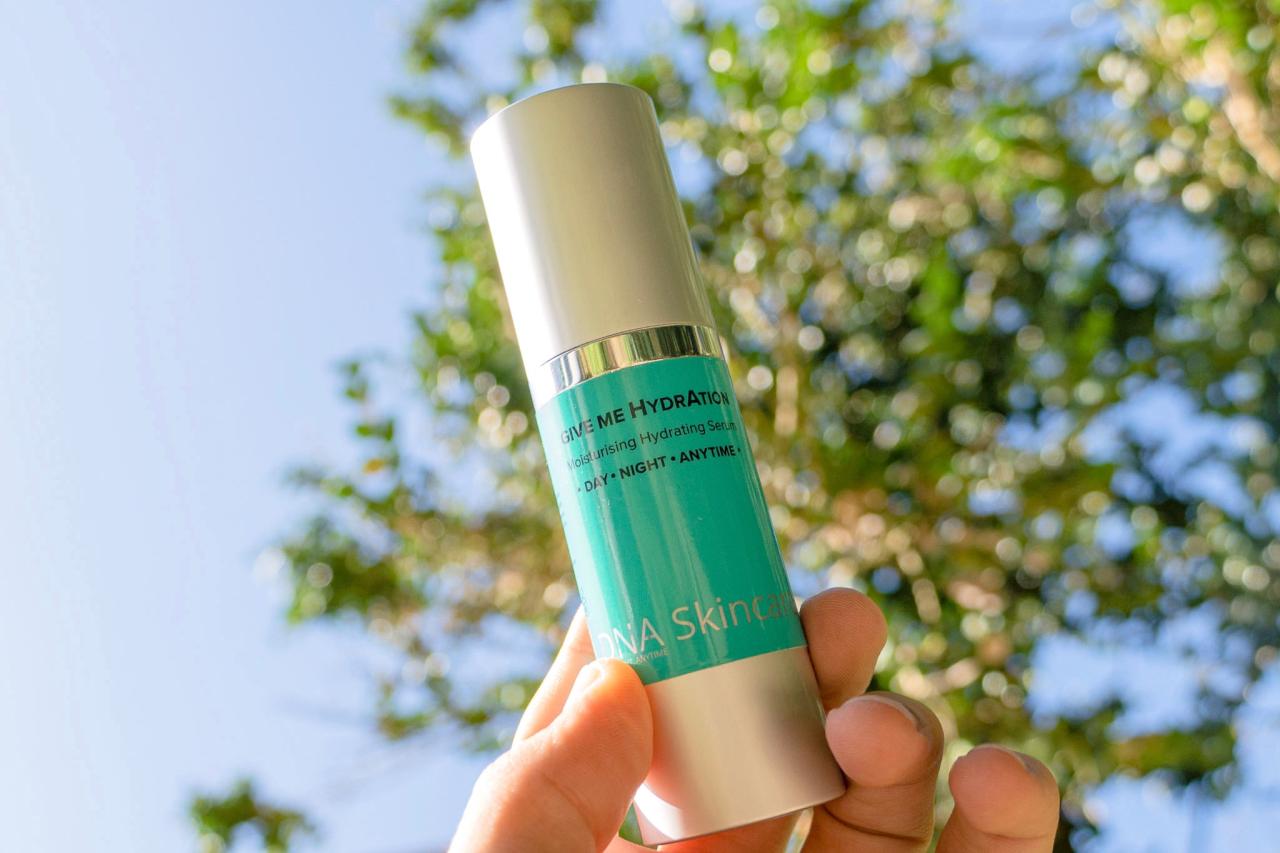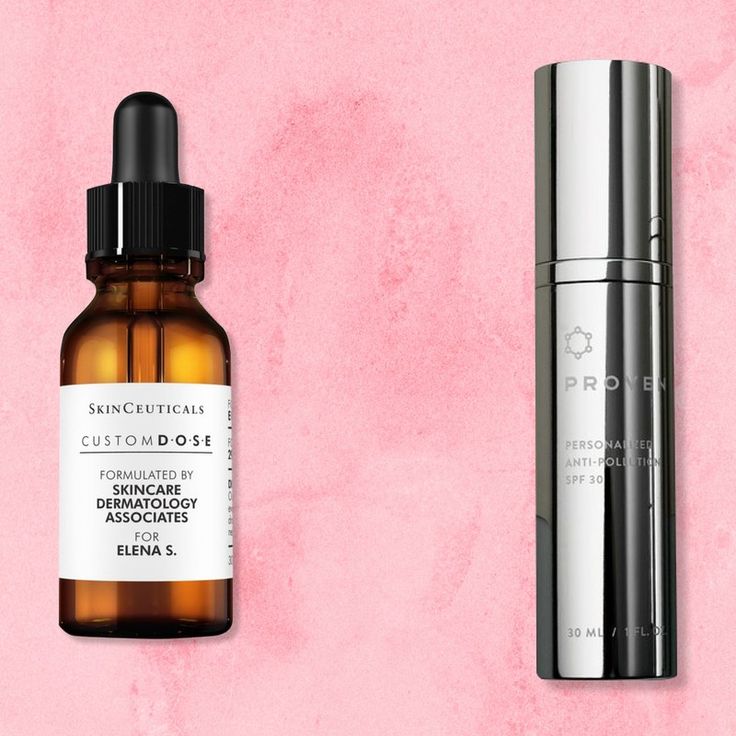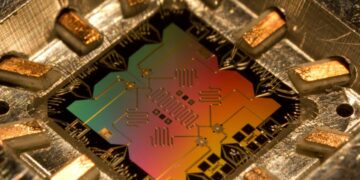In the world of beauty and wellness, personalization has become more than a luxury — it’s now a consumer expectation. As individuals seek solutions tailored to their unique skin types, lifestyles, and goals, one groundbreaking innovation stands out: DNA-customized skincare.
This approach uses an individual’s genetic blueprint to design skincare products and routines that match their biological makeup. The fusion of biotechnology, genomics, and dermatology has ushered in a new era where skincare is no longer just skin-deep — it’s coded into your DNA.
In this comprehensive guide, we’ll explore the science behind DNA-based skincare, its advantages over traditional methods, how genetic testing works in beauty, ethical considerations, and the future of hyper-personalized wellness.
What Is DNA-Based Skincare?
DNA-customized skincare refers to the formulation and recommendation of skincare products based on an individual’s genetic data. By analyzing specific genes related to skin health, aging, pigmentation, hydration, elasticity, and inflammation, dermatological companies can recommend products that match your genetic strengths and weaknesses.
This is not one-size-fits-all. It’s one-size-you.
How DNA Influences Your Skin
Your DNA determines how your body responds to environmental factors, including how it:
A. Produces collagen and elastin
B. Responds to UV radiation and sunlight
C. Manages oxidative stress
D. Regulates hydration through skin barrier function
E. Handles inflammation and immune response
F. Processes vitamins like Vitamin C and E
Even identical-looking skin types may differ genetically in how they age, react to sun exposure, or handle environmental stressors.
The DNA Testing Process
Here’s how companies design personalized skincare using your genetic code:
Step 1: Collecting a DNA Sample
Users are usually sent a home DNA testing kit, which involves:
A. Swabbing the inside of your cheek
B. Sealing the sample in a sterile container
C. Mailing it to the lab for sequencing
Step 2: DNA Sequencing and Analysis
Advanced technology is used to:
A. Decode relevant skin-related genes
B. Identify single nucleotide polymorphisms (SNPs) — genetic variations that influence skin behavior
C. Compare against dermatological databases
Step 3: Generating a Skin DNA Report
The report details:
A. Skin aging risk factors
B. UV sensitivity levels
C. Collagen degradation tendencies
D. Detoxification capacity
E. Antioxidant protection response
F. Skin pigmentation and melanin production
Step 4: Custom Product Formulation
Based on your genetic profile, a personalized routine is designed. It may include:
A. Specific active ingredients (e.g., retinol, peptides, hyaluronic acid)
B. Adjusted concentration levels
C. Recommended application schedules
D. Supplement suggestions to support skin from within
Benefits of DNA-Customized Skincare

Why is this approach gaining popularity worldwide?
A. Precision and Accuracy
Products are based on your biology, not guesswork. This reduces the trial-and-error period and improves long-term results.
B. Predictive Prevention
Genetic tests can detect predispositions before symptoms arise — letting you act early to prevent premature aging or chronic inflammation.
C. Reduced Skin Reactions
Personalized formulas reduce the risk of irritation, allergies, or breakouts from incompatible ingredients.
D. Effective Ingredient Selection
Your genes reveal which ingredients your skin responds best to, enhancing efficacy and absorption.
E. Long-Term Wellness Integration
DNA insights can guide dietary, sleep, and lifestyle changes that support skin from within.
Genes Commonly Tested in Skincare DNA Panels
To understand your skin on a molecular level, companies typically analyze genes like:
A. MMP1 – Affects collagen breakdown
B. SOD2 – Antioxidant defense capacity
C. IL6 – Inflammation and acne risk
D. TYR – Pigmentation and melanin regulation
E. COL1A1 – Collagen formation
F. GSTM1 – Detoxification efficiency
G. FLG – Skin barrier integrity and hydration
Each gene contributes to different skin attributes, allowing tailored care.
How DNA-Based Skincare Outperforms Traditional Skincare
Traditional Skincare:
Generic formulations
Relies on skin type categories (oily, dry, sensitive)
Trial-and-error approach
No insight into internal biological behavior
DNA Skincare:
Customized down to molecular level
Understands long-term aging potential
Predicts future skin issues
Targets the root causes, not just symptoms
Top Brands Offering DNA Skincare
Many brands have entered the DNA skincare market, combining cosmetic science with genomics:
A. Geneu (UK)
Delivers customized serums based on 24-hour lab analysis.
B. SkinDNA (Australia)
Tests 16 genetic markers and offers product recommendations.
C. EpigenCare (USA)
Focuses on epigenetic data, not just DNA — showing how lifestyle affects gene expression.
D. Nuell (South Korea)
Combines Korean beauty philosophy with genome testing.
Ethical Considerations in DNA Skincare

While the science is impressive, DNA-based beauty raises questions.
A. Data Privacy
How securely is your genetic data stored? Reputable companies must comply with GDPR or HIPAA regulations and ensure anonymization.
B. Consent and Ownership
Who owns your DNA data? Always read the fine print before submitting your sample.
C. Psychological Impact
Revealing genetic predispositions might cause anxiety — especially regarding aging or pigmentation.
D. Socioeconomic Gaps
As DNA skincare is often premium-priced, it risks deepening inequalities in wellness access.
The Role of AI in DNA-Based Skincare
Artificial intelligence plays a pivotal role in making DNA skincare faster, smarter, and more scalable:
A. Analyzes millions of genetic profiles to detect patterns
B. Cross-references environmental data (e.g., pollution or UV exposure in your region)
C. Dynamically adapts product suggestions over time
D. Integrates facial recognition tech for real-time skin condition tracking
Case Study: Sarah’s Genetic Skincare Journey
Sarah, a 35-year-old graphic designer, struggled with dark spots and early signs of aging. Traditional creams didn’t work. She took a DNA test that revealed:
Low collagen production (COL1A1 mutation)
High pigmentation risk (TYR mutation)
Low antioxidant protection (SOD2 variant)
Her personalized skincare included:
Retinol at 0.5% for collagen stimulation
Niacinamide to reduce pigmentation
Vitamin C serums for antioxidant support
Within 6 months, Sarah saw significant improvements — and no more wasted purchases.
Cost of DNA Skincare Testing
Prices vary based on complexity and company:
A. Basic Skin DNA Test: $70 – $150
B. Advanced Testing with Product Kit: $200 – $400
C. Subscription Plans with Monthly Updates: $50/month+
While more expensive upfront, it reduces long-term cost of ineffective products.
Integrating DNA Skincare with Lifestyle
Genes are not destiny. DNA tests reveal tendencies, not certainties. You can still influence your skin outcomes through:
A. Healthy diet (rich in antioxidants and Omega-3s)
B. Proper sleep cycles
C. Daily sunscreen use
D. Stress management techniques
E. Supplementation based on DNA deficiencies (like Vitamin D or CoQ10)
Challenges and Limitations
DNA-customized skincare is not without flaws:
A. Not all skin concerns are genetically driven (e.g., allergies or product reactions)
B. Environmental and hormonal factors play large roles
C. Most tests focus on European gene pools, limiting accuracy for some ethnic groups
D. Lack of long-term studies comparing outcomes with traditional skincare
Future of DNA Skincare (2025–2030)
The next generation of skincare will go beyond DNA:
A. Epigenetics Integration
Track how lifestyle and environment affect gene expression in real-time.
B. Dynamic Formulation
AI-powered apps will update your skincare based on season, stress, and lifestyle.
C. At-Home Lab Testing
Smart mirrors and handheld analyzers will offer DNA-powered diagnostics at home.
D. Microbiome + DNA Hybrid
Understanding the skin microbiome combined with genetics for total personalization.
Conclusion: Your Skin, Your Code
DNA-customized skincare isn’t just a trend — it’s a paradigm shift. It redefines skincare from the outside-in to the inside-out, leveraging biotechnology to create truly personalized routines.
By understanding your unique genetic code, you’re not just treating your skin — you’re empowering it to perform at its best.
It’s beauty, backed by biology.







